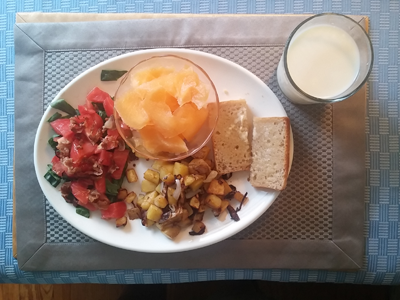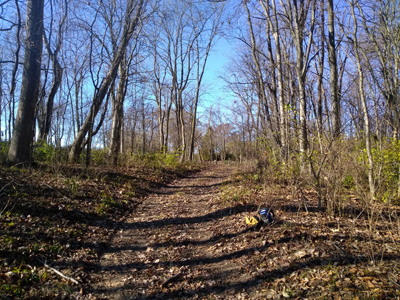The Chez Nous Farm Story
The state of my farm today results from a surprising confluence of family heritage, practical experience, fortuitous events, and a passion for nutrition based health. Still in its early chapters, 2018 was just the beginning of food production and education.
My grandparents lived here and were active in the conservation of wildlife and habitat. My childhood adventures on the farm gave me an intimate connection to the natural world and love for all things living and growing. These early experiences led to the study of ecology and vocations in horse training and conservation education.
In the early 2000s the local food movement was gaining momentum, and a book called The Omnivore’s Dilemma had a profound effect on my thinking about agriculture, food, and health. I began to see the potential and value of my 25 acre farm, and started changing my lifestyle: voting with my food dollars (supporting local farmers), growing a large garden, learning how to cook, becoming a writer and an activist.
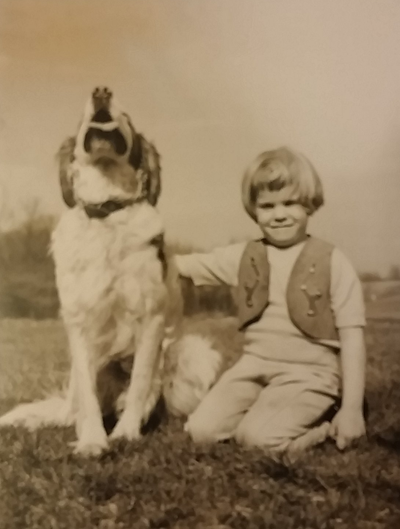
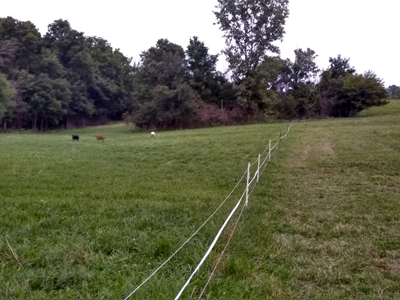
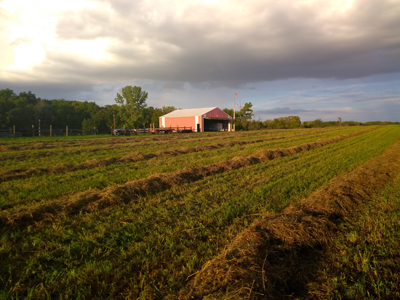
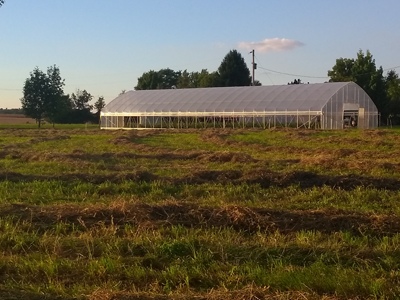
Since 2007 I’ve been committed to three things: participating in the local food economy, developing the potential of the farm, and helping people understand why your food matters very much—not only for personal health, but also that of the whole environment and the communities in which we live. Agriculture practiced according to the ecological principles of interdependence is the ultimate and broadest form of conservation.
Chez Nous Farm’s purpose is to demonstrate how to produce the best food while caring for the whole ecosystem with its many components; how we use the land to its potential without destroying it. To be responsible stewards of a farm results in producing the highest quality meats, fruits and vegetables; and it reconnects the community with land, food, and each other—all these things are the ultimate foundation of health, not only personal but social and economic as well.
I liken the conservation ethic to Saint Paul’s exhortation in his letter to the Phillipians: “Whatever is true...honorable...lovely...gracious, if there is any excellence, if there is anything worthy of praise, think about these things. What you have learned and received and heard and seen..., do
